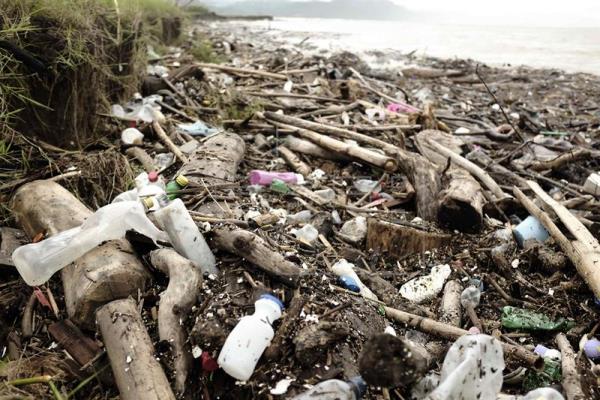In a stark deviation from its historical green legacy, Costa Rica appears to be on the brink of ecological neglect, as governmental actions—or the lack thereof—stir up significant controversy among conservationists and ecotourists alike. This analysis delves into the detrimental shift in policies affecting the nation’s renowned national parks and wildlife sanctuaries, raising critical concerns about the future of its environmental heritage.
The Crumbling Legacy of Conservation
Costa Rica, once a beacon of environmental conservation, is facing critical scrutiny under the current administration led by President Rodrigo Chaves. Critics argue that the nation, which transformed from a primary exporter of coffee and bananas into a leading ecotourism destination, known globally as “Green Costa Rica,” is now betraying its environmental commitments. The government’s approach to environmental management has been likened to a farce, a mere greenwashing of its deteriorating sanctuaries and parks.
Systematic Neglect of National Parks
The shift from nurturing to neglecting the ecological systems that have long been the backbone of Costa Rica’s ecotourism could be described as abandoning the proverbial goose that lays the golden eggs. For instance, Corcovado National Park, which plays a pivotal role in biodiversity conservation, reportedly suffers from insufficient ranger presence, exacerbating its vulnerability to illegal activities and reducing its effectiveness in wildlife protection.
Arenal Volcano National Park: A Case of Mismanagement
The situation at Arenal Volcano National Park is similarly disheartening. The park’s facilities, including basic amenities like restrooms, are in disrepair, and there is a notable lack of educational services for visitors. This neglect not only undermines visitor experience but also jeopardizes the educational mission of the park system.
Marino Las Baulas National Park: Endangered Sanctuary
Marino Las Baulas National Park, critical for the nesting of endangered leatherback turtles, faces its own set of challenges. The park is critically understaffed, particularly during the night when turtles lay their eggs. The lack of adequate protection has left the turtles and their nests at the mercy of poachers and recreational vehicles, which are known to disrupt nesting sites.
The Call for Reformation
This growing crisis calls for a fundamental overhaul of how Costa Rica handles its environmental policies. Environmentalists are urging the government to reinforce legislation and increase funding to ensure that the parks are not only protected but also equipped to continue their role in the nation’s ecological and economic health. The government’s failure to act could signal a significant shift in the global perception of Costa Rica as a leader in conservation.
A National Responsibility
The deterioration of Costa Rica’s environmental sanctuaries is more than an ecological issue; it is a threat to the national identity and heritage. The legacy of pioneers like Mario Boza and Álvaro Ugalde, who established the national park system, is at risk. It is a call to action for every Costa Rican and supporter of global conservation to advocate for policies that align with the foundational principles of environmental stewardship.
As Costa Rica stands at a crossroads between its past commitments and current actions, the world watches. The decisions made today will determine whether Costa Rica can reclaim its legacy as a sanctuary for biodiversity or continue down a path of environmental disregard. For a country that has been at the forefront of ecological conservation, the stakes could not be higher.

